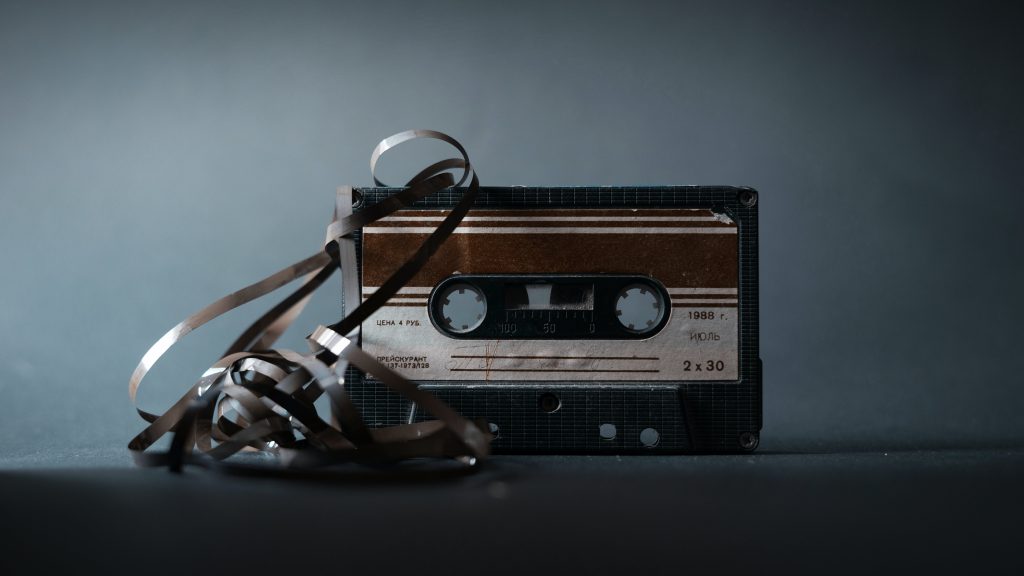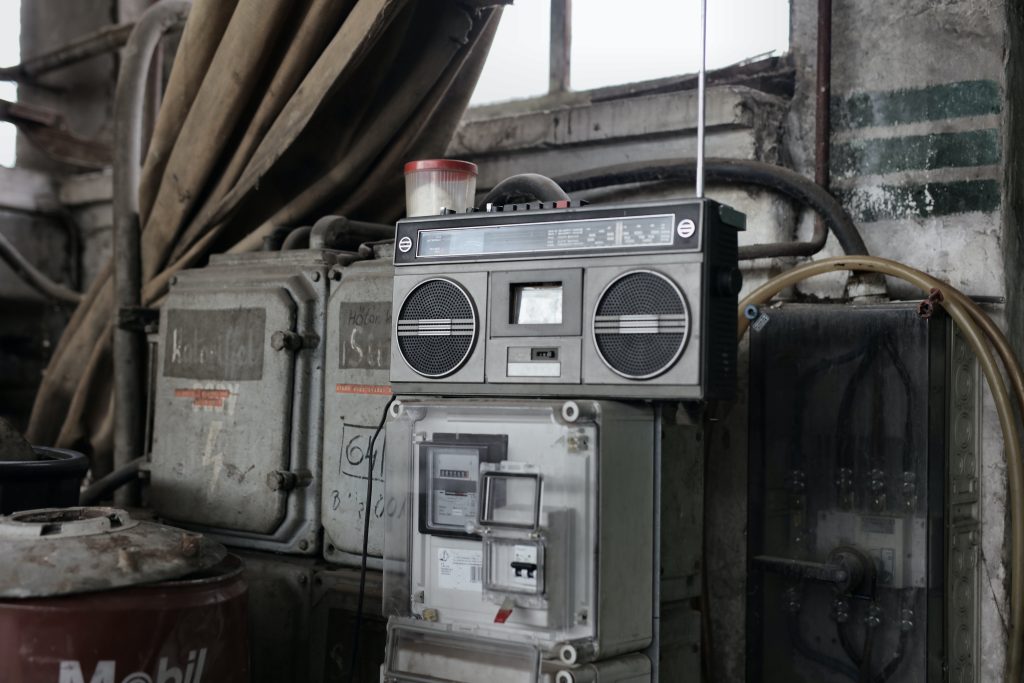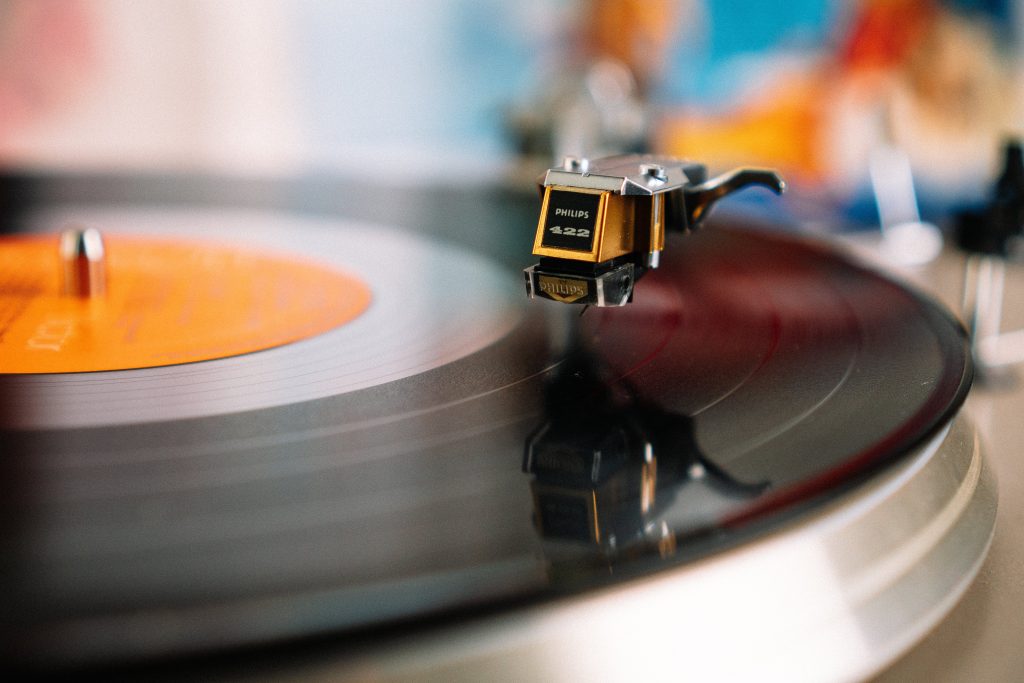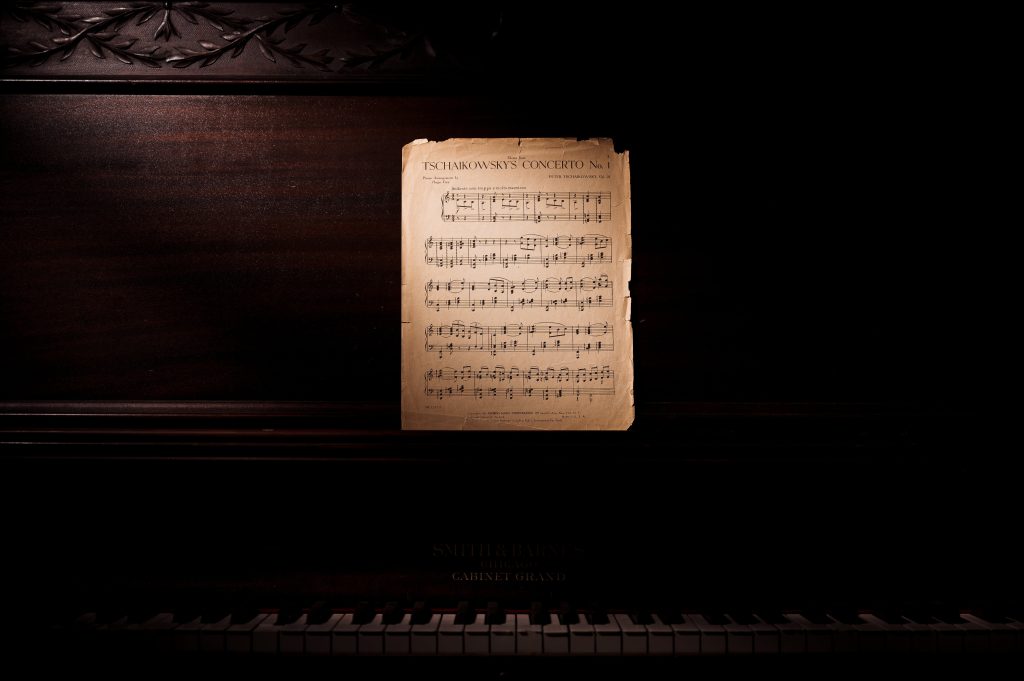
Music has always been an essential component of our cultural legacy, expressing the ideals, feelings, and tales of our predecessors in the great tapestry of human history. A vast legacy of antiquated tunes has been left behind by the evolution and transformation of musical traditions over time. Nonetheless, there is a renewed interest in maintaining and resurrecting these antiquated musical traditions in the present era. This essay will go into the fascinating realm of classical music and examine how it is currently being appreciated and rediscovery in the modern era.
- The Allure of Ancient Melodies
- Unearthing Forgotten Treasures.
- Traditional Instruments: The Heartbeat of Ancient Music.
- Experimentation and Interpretation.
- Education and Preservation.

There is a certain timeless charm about classic songs. It connects with us deeply and provides us with an understanding of our forefathers’ cultural manifestations. These tunes, which are frequently inspired by folklore, religious rites, and historical occurrences, have an air of authenticity and nostalgia that appeals to listeners in the present era.
Investigating and exploring thoroughly is necessary to bring back ancient music. To find and interpret antiquated manuscripts, recordings, and artifacts that offer hints about historical musical practices, musicologists, historians, and musicians work together. These initiatives revive lost tunes, allowing us to appreciate the elegance and complexity of historical musical works.
Replicating the traditional instruments that were in use during the relevant era is one of the most important steps in bringing back ancient music. To replicate these instruments as accurately as possible, master craftsmen and instrument makers carefully examine historical documents and archaeological discoveries. Musicians can faithfully recreate the distinctive timbres and tonalities that characterize ancient music by using these instruments.

In order to bring back ancient music, historical authenticity is crucial, but there is also opportunity for creativity and interpretation. Musicians must use their imagination to fill in the blanks because a lot of information about historical musical traditions may have been lost to time. They give old songs a fresh new lease on life by merging historical context with their own creative sensibilities, captivating audiences with a modern twist.
Alongside the revival of ancient music, there is a strong emphasis on education and preservation. Music schools, universities, and cultural organizations offer courses and workshops dedicated to teaching and preserving ancient musical traditions. This ensures that the knowledge and techniques required to perform ancient music are passed down to future generations, guaranteeing its longevity and cultural significance.


